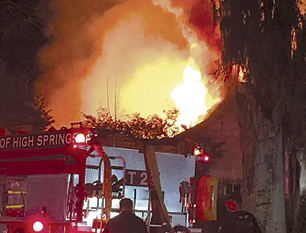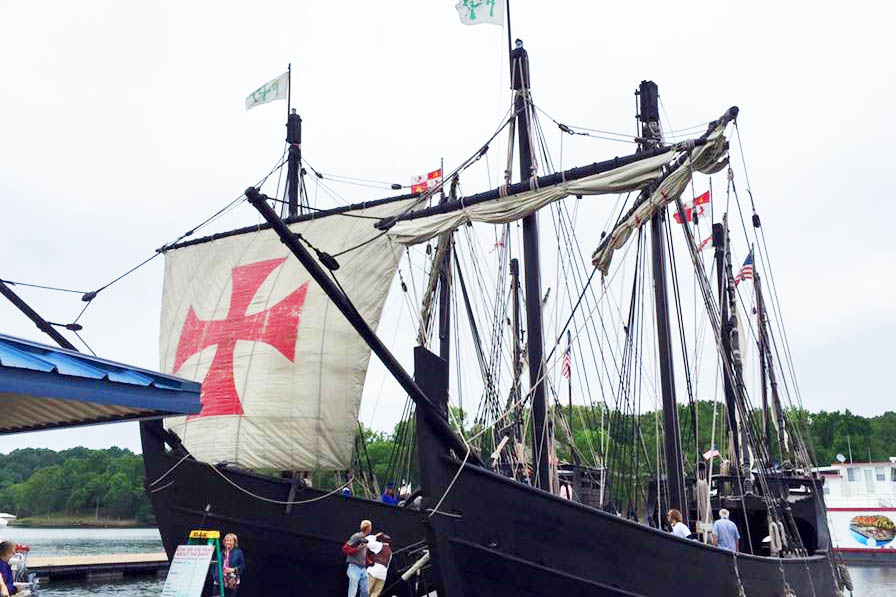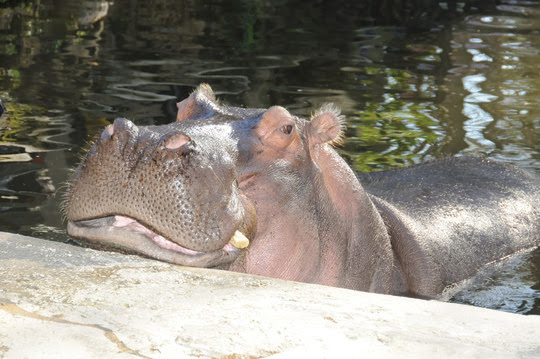Fernandina Beach - The St Marys Tall Ships Alliance in cooperation with the City of Fernandina Beach is excited to announce the arrival and visit of the world-Famous Columbus Foundation Tall Ships " Nina and Pinta " into Fernandina Beach, Fla. Tall Ships Nina and Pinta will be sailing into Fernandina Harbor Marina on April 23rd. The Captain and crew have invited the City official, media and the public to come welcome them into Fernandina Harbor Marina at 3 S. Front Street in Downtown Fernandina Beach, Florida. Arrival time is sometime between 1pm-4pm. ( Arrival time will be update on the 22nd at www.smtsa.org ) For additional information and question you can contact St Marys Tall Ship Alliance at info@smtsa.org or at 912-254-0110
The world's famous Columbus Foundation tall ships Nina and Pinta are the most historically accurate replicas of Christopher Columbus ships that have ever been built and are the only Nina and Pinta replicas that are in existence today. Both ships sail together in the western hemisphere as a sailing and floating museum with the purpose of educating the public and schools about the history of a Caravel Style sailing ship that were used by Columbus and other explorers during the 15th century. The Public can step aboard and be whisked back in time as they are surrounded by the design and material that was used for a historic Caravel style 15th century sailing ship. You are able to step in time as you enjoy the exhibits aboard both ships that highlight the history of the age of discovery, navigation of that era, how the ships were build and will see what life was like aboard the Nina and Pinta over 500 years ago. The ships Guest are encouraged to take their time and experiences the history that these amazing tall ships have to offer and to talk or ask any question with the ship’s crew members that will be available on deck.
Tall Ships Nina and Pinta will be open to the public for deck tours April 24th through May 3rd. Public deck tours are available daily 9am until 6pm. They will be offering self-guided deck tours and guided tours. Self-guided are for individuals that arrive during open hours, pay to go aboard and take their time experiencing both ships. Deck tours tickets are general admission (one price allows you to tour both ships) prices are $8.50 (for adults) $7.50 (for seniors) $6.50 (for ages 5-16) ages 4 and under are free. Guided Deck tours are for groups of 15 or more paying guest. and a great educational event that is ideal for schools and organizations. For addition information please go to www.smtsa.org or contact St Marys Tall Ship Alliance at info@smtsa.org or at 912-254-0110
Groups will be assigned a tour guide to them. The tour will last an average of 30-45 minutes with time split between ships. Once the tours has ended guest are welcome to stay and take as much time as they would like to go back and review the exhibits that were discussed during the tour and are welcome to ask question to any of the crew members that is available on the ships deck. Maximum number of people allowed in a 30-minute time slot is 100. Groups with over 100 people will need to request an additional time slot. Group need to reserve their visit prior to the ships visit at www.thenina.com , ninapinta
St Marys Tall Ship Alliance's primary mission and purpose is to promote the world's historical tall ships along with promoting and organizing public tall ship events for the southern Georgia and Northern Florida coast. The Alliance is a Georgia 501(c)(3) nonprofit organization that celebrates the rich maritime history of tall ship that are still sailing today. St Marys Tall Ship Alliance is an all-volunteer educational non-profit.




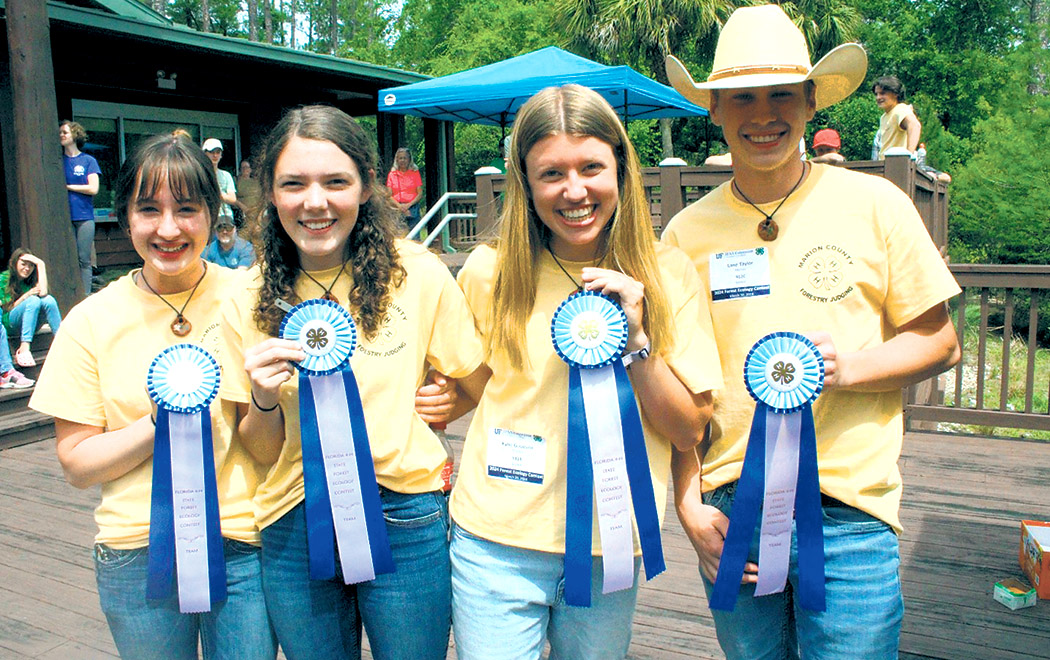
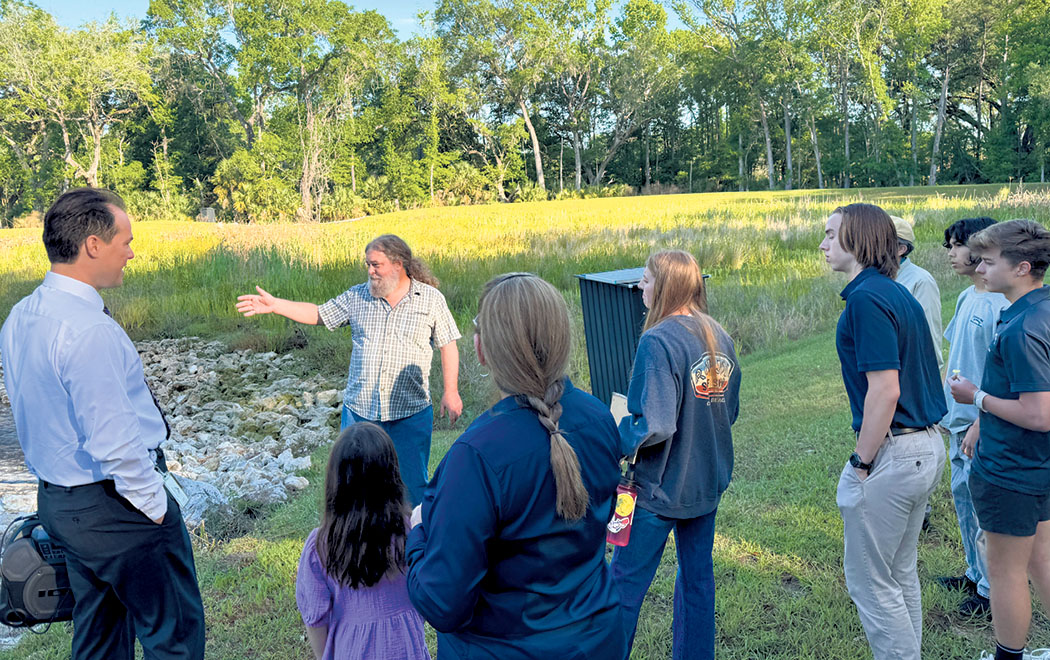
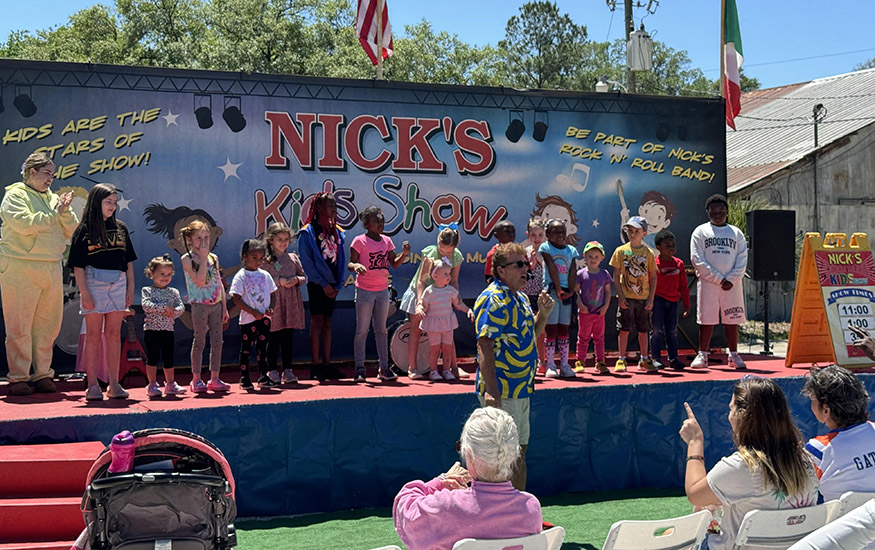

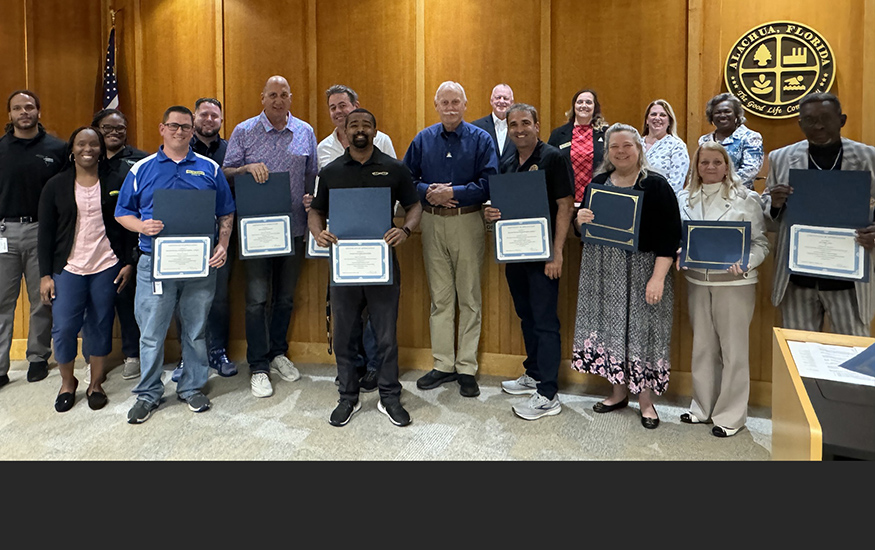
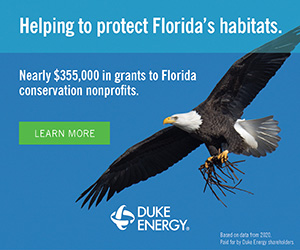
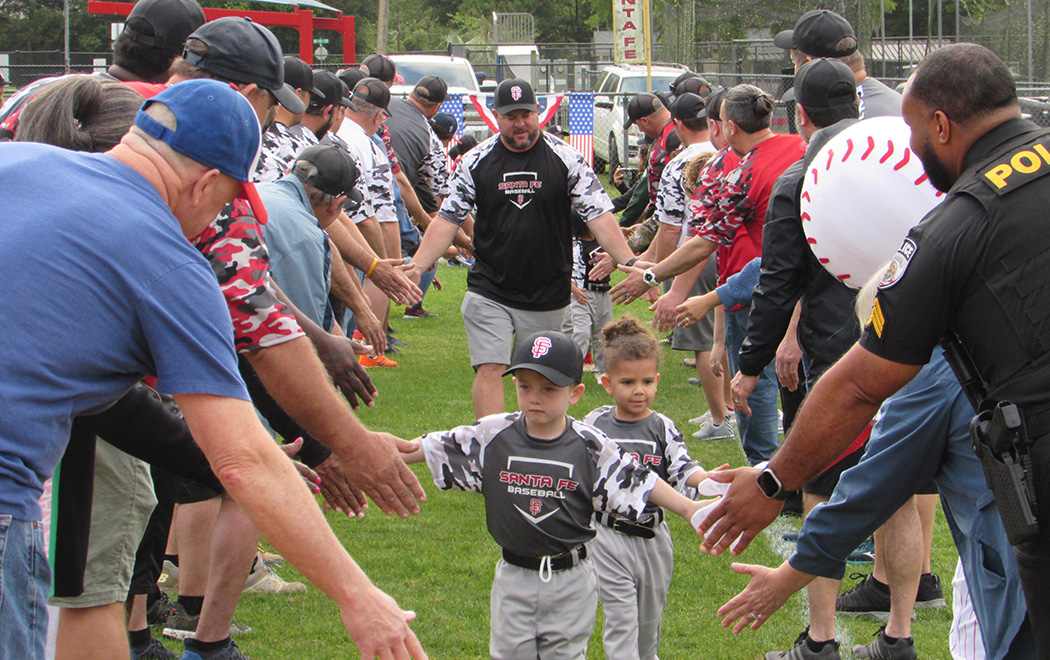
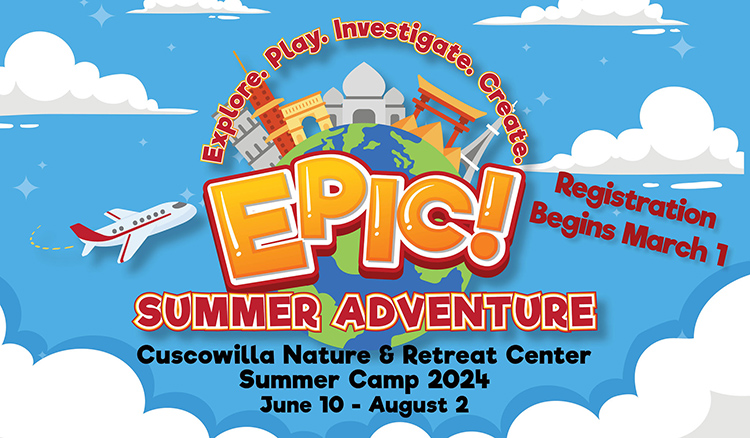




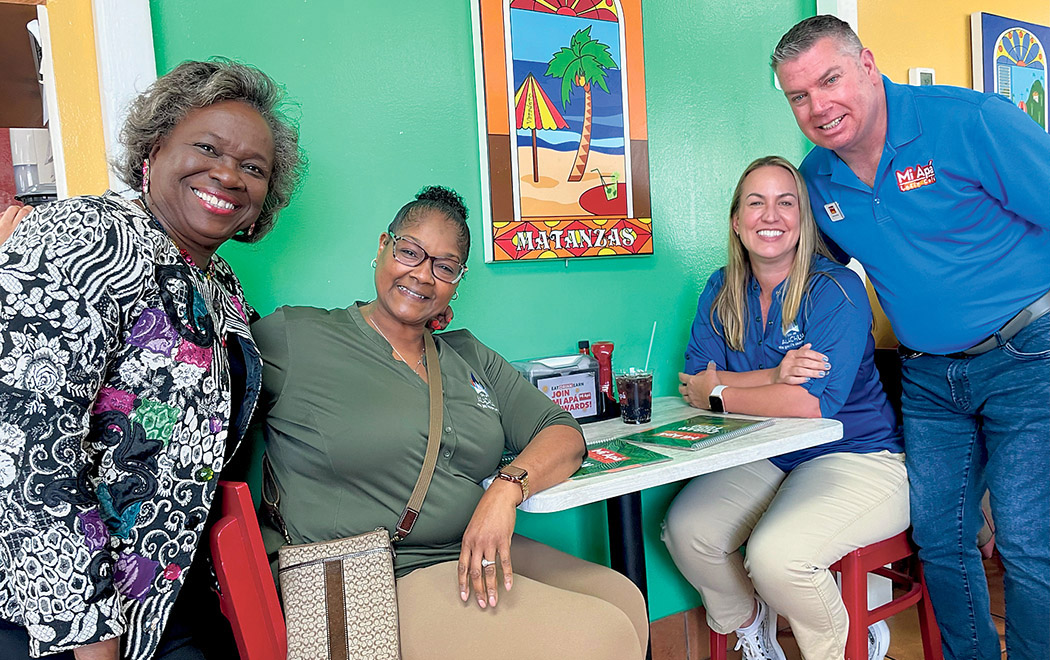
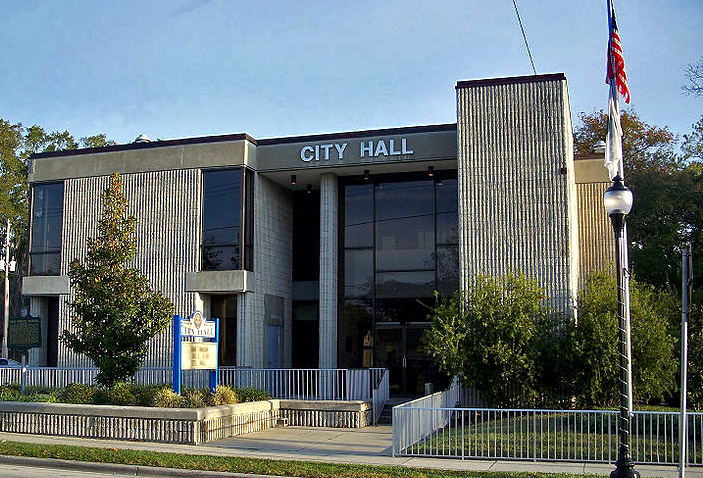
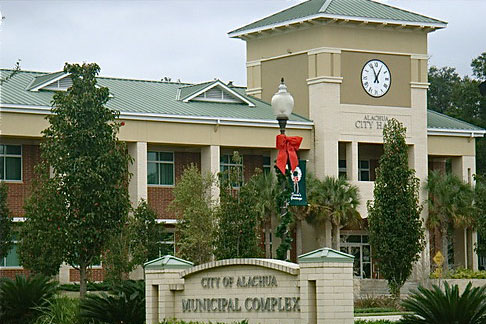
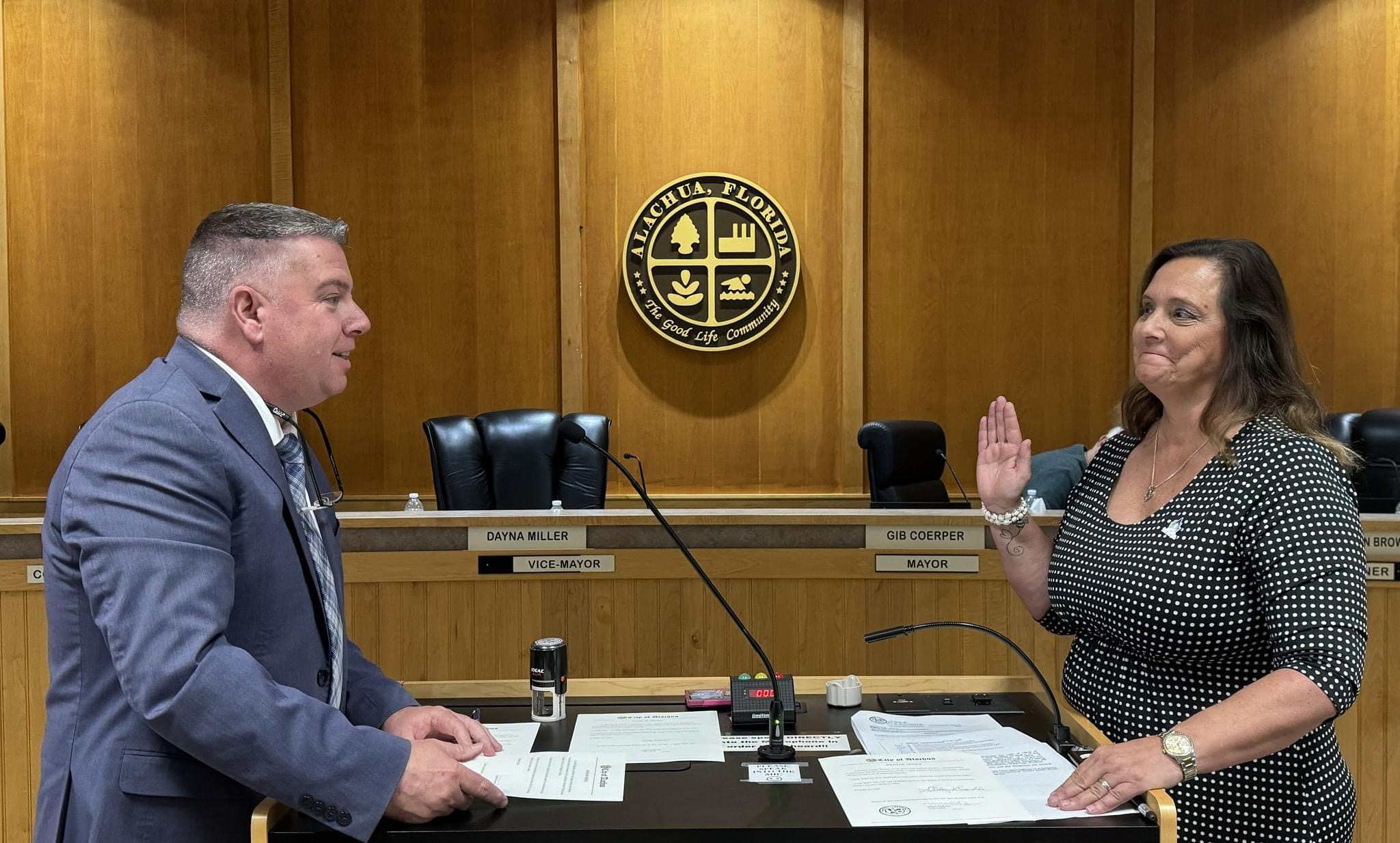 Incumbent City Commissioner Ringerson won the majority of votes in the City of Alachua election conducted on April 9, 2024, defeating Eric L. Ford for Seat 5. She was first elected to the Alachua City Commission in 2021 and served as Vice Mayor in 2022-2023. Commissioner Ringerson was sworn in by City Manager Mike DaRoza.
Incumbent City Commissioner Ringerson won the majority of votes in the City of Alachua election conducted on April 9, 2024, defeating Eric L. Ford for Seat 5. She was first elected to the Alachua City Commission in 2021 and served as Vice Mayor in 2022-2023. Commissioner Ringerson was sworn in by City Manager Mike DaRoza.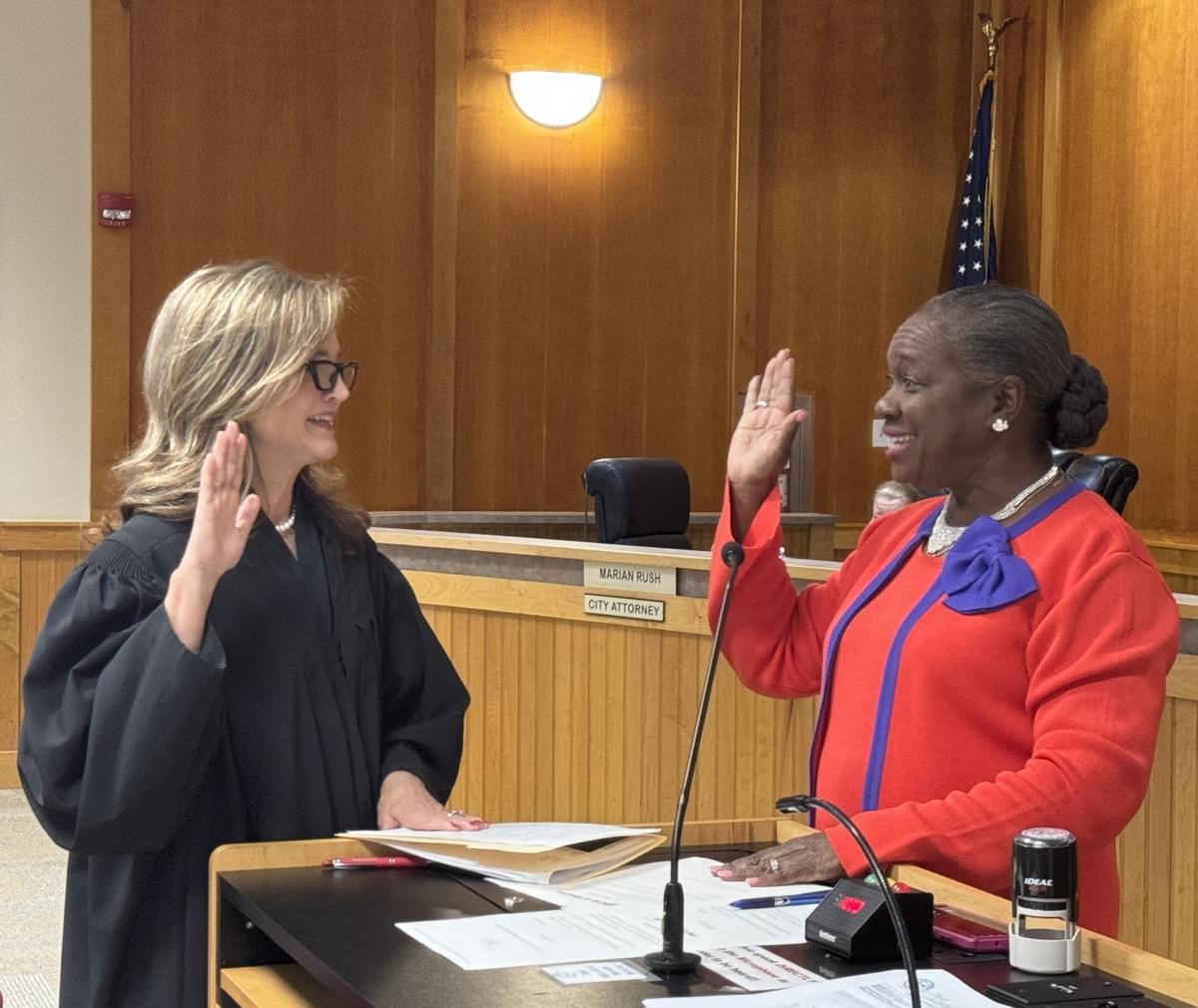
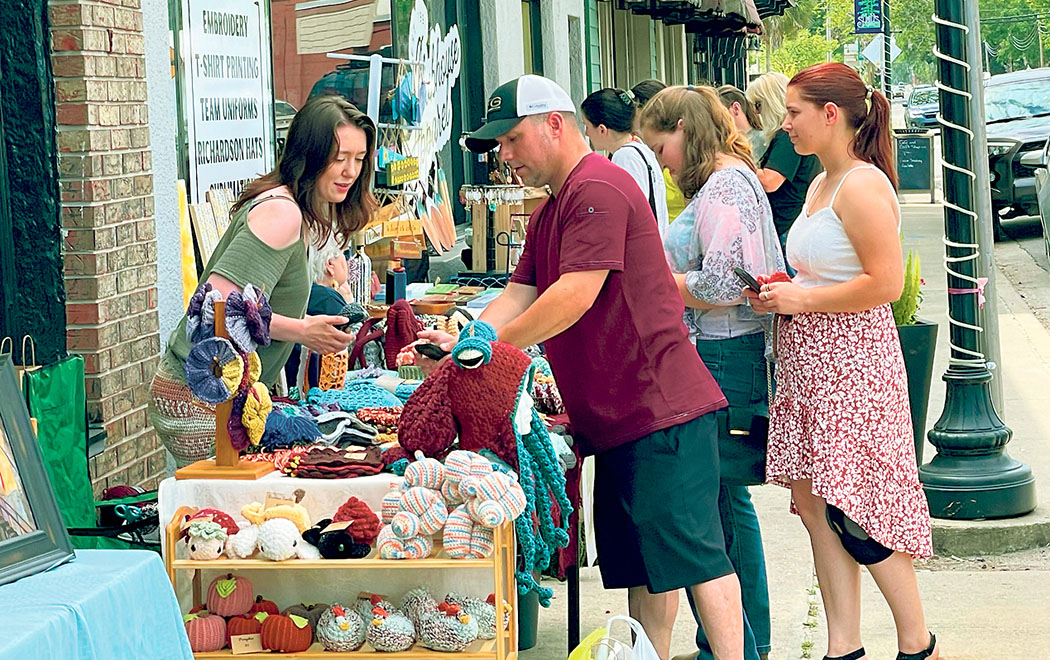

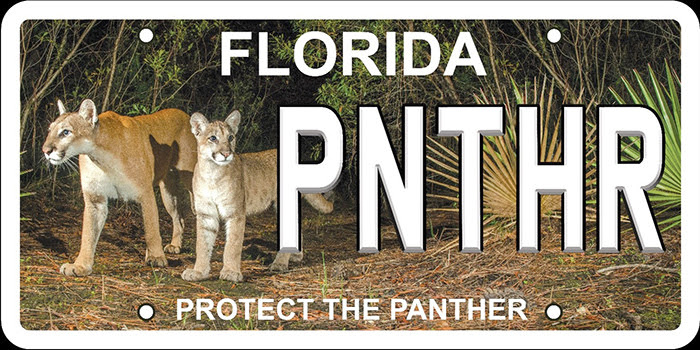
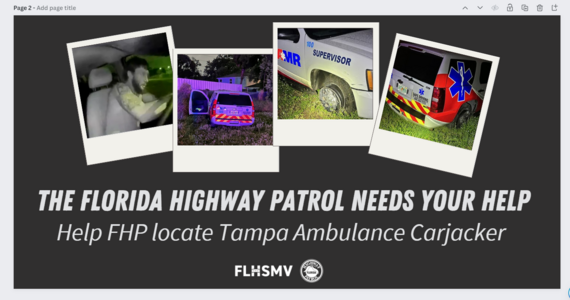
 While attempting to flee in the stolen ambulance, the suspect collided with a Nissan Altima on the ramp for Interstate 75 Southbound to Interstate 4 Westbound. As Deputies with the Hillsborough County Sheriff's Office (HCSO) responded, the suspect fled in the marked ambulance. The HCSO pursued the ambulance but lost contact with it and terminated the pursuit.
While attempting to flee in the stolen ambulance, the suspect collided with a Nissan Altima on the ramp for Interstate 75 Southbound to Interstate 4 Westbound. As Deputies with the Hillsborough County Sheriff's Office (HCSO) responded, the suspect fled in the marked ambulance. The HCSO pursued the ambulance but lost contact with it and terminated the pursuit.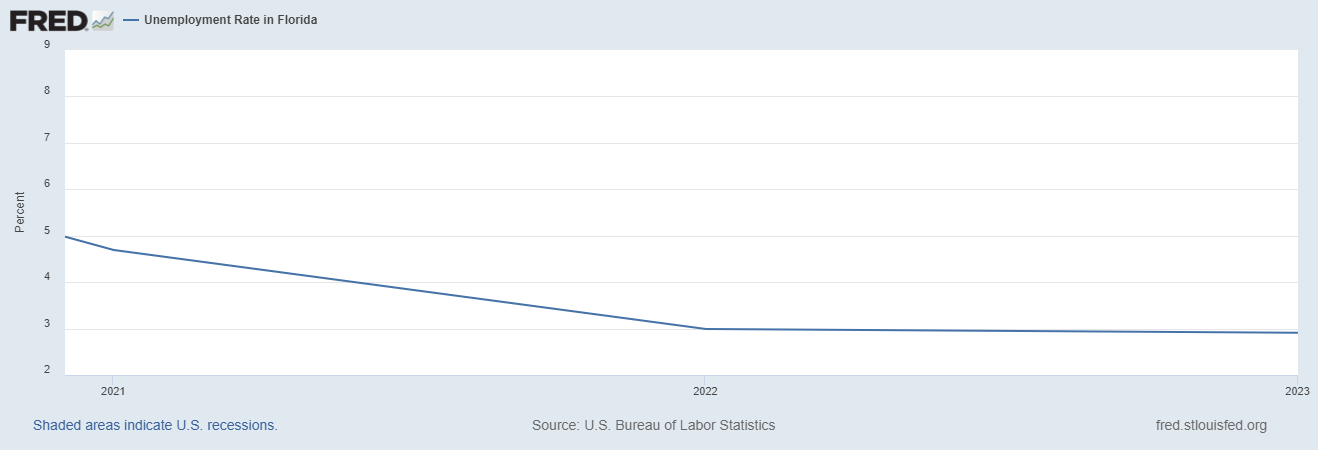
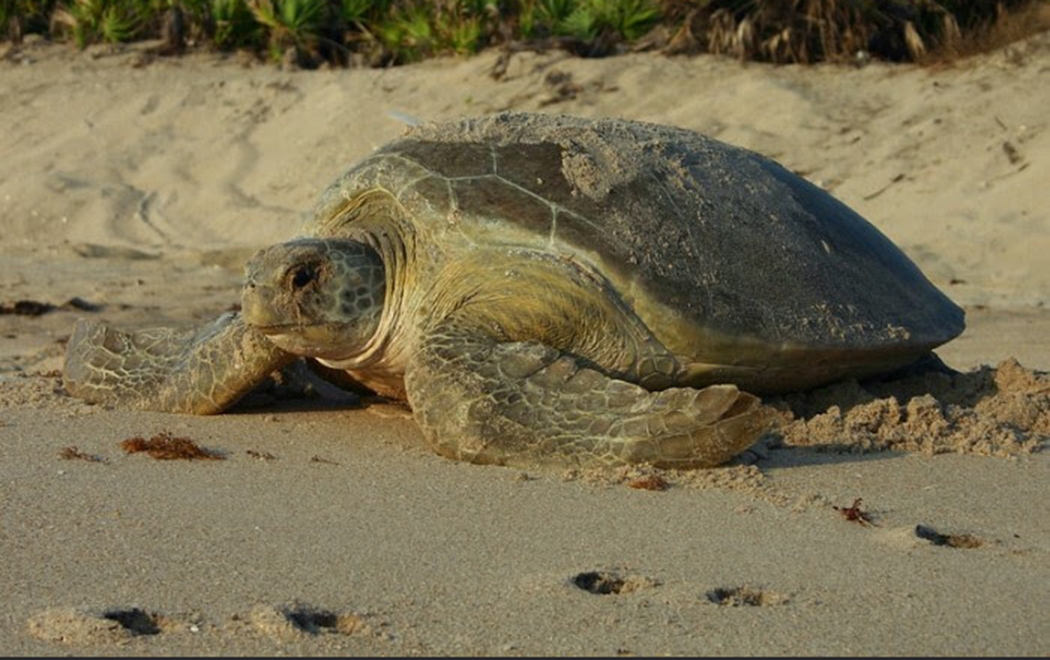
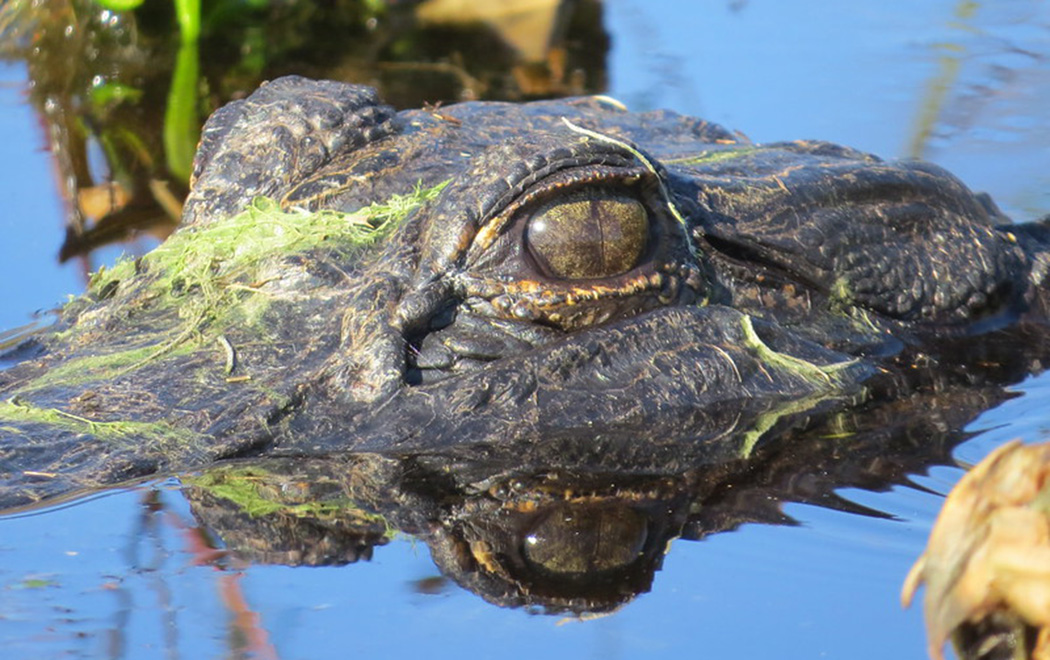
 ations the response is “I take a blood pressure drug, a blood thinner, something for cholesterol, and something occasionally for arthritis pain.”
ations the response is “I take a blood pressure drug, a blood thinner, something for cholesterol, and something occasionally for arthritis pain.”
